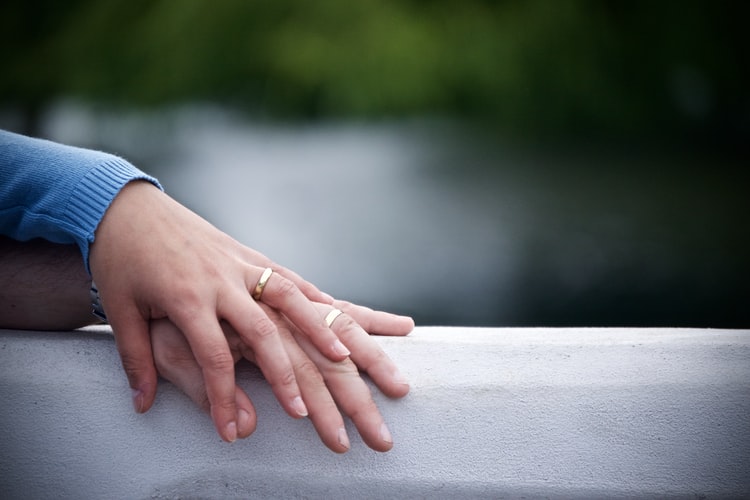The Ezidi (Yazidi) Spiritual Council has decided to reduce the dowry to encourage marriage among young people as gold prices are currently skyrocketing.
The council, the highest religious body for the non-Muslim Ezidi community, is attempting to reduce the gold dowry from 75 grams (equivalent to 18 mithqal standard) to only 47 grams, as the price of gold has reached 526,000 Iraqi Dinars (USD 350) per mithqal, which is a significant burden for young Ezidi men planning to get married.
Khidir Dero Khansuri, the adviser of the council, told KirkukNow, "Recently, young Ezidi boys and girls, as well as tribe chieftains and community leaders, have been requesting a reduction in the fixed advance gold dowry to better align with current costs. Therefore, the council has decided to reduce it by 26 grams."
The advanced gold dowry is traditionally set at 75 grams among the Ezidi community, which is equivalent to 18 mithqals, a practice similar to that of the Muslim community. The proposed reduction of 28 grams would bring it down to only 11 mithqals.
"The council has been discussing this issue in favor of making it easier for prospective husbands to afford marriage and avoid negative consequences. While the intention is to proceed with the reduction, the final decision has not yet been made," Khansuri added.
The institution responsible for managing the affairs of the Ezidis within the Ezidi Spiritual Council is led by the Emir of the Ezidis. This institution serves as an umbrella for Baba Sheikh (the spiritual leader), the Sheikh Al-Wazir (Chief minister), and the head of the Qawwalin (Storyteller), issuing all decisions related to the Ezidi community.
The term "Ezidi" originates from the word "Ezdan," meaning God, representing an ancient monotheistic religion that is considered an extension of the Mithraic religion. The sacred Ezidi texts consist of two parts: the Book of al-Jalwa and the Black Book (Bushafa Rash), as well as sayings, verses, and poems, all written in the Kurdish language (Kurmanji dialect).
Ezidism is an ancient Middle Eastern monotheistic ethnic religion that believes in one God who created the world and entrusted it to seven Holy Beings, known as Angels, with Melek Taus being the prominent leader with authority over the world.
"Once the final decision is reached, it will be announced," the adviser of the council added.
"Our young men have limited incomes and cannot afford such a large amount to get married, causing them to hesitate. This decision needs to be made promptly."
Ezidis primarily speak Kurmanji, one of the two main Kurdish dialects. Some Ezidis view Ezidism as both a distinct religious and ethnic identity, separate from the Kurdish identity.
There are an estimated 550,000 Ezidis in Iraq. Many members of this community were displaced, with over 100,000 Ezidis immigrating from Iraq, according to statistics from the General Directorate of Ezidi Affairs in the Kurdistan Regional Government (KRG).
Ezidis mainly reside in the Sheikhan District, north of Mosul, administratively part of Erbil Province, the capital of the Iraqi Kurdistan Region IKR), and the Shingal (Sinjar) District (120 km west of Mosul, administratively part of Nineveh Province.






